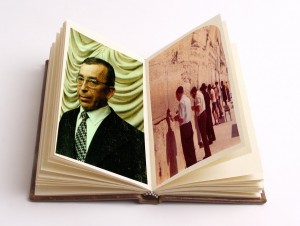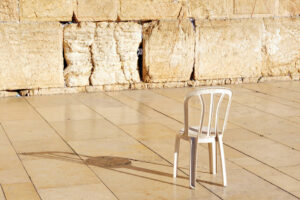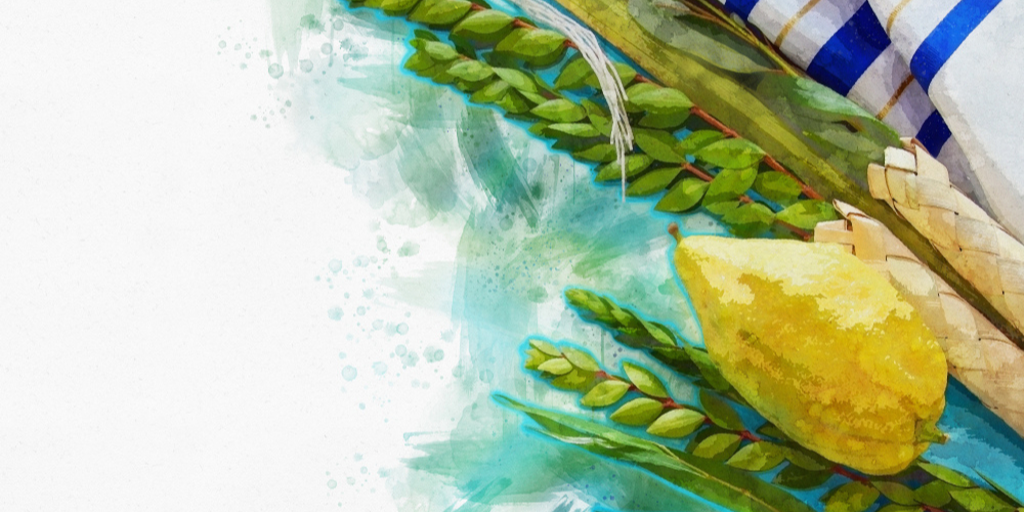Breaking Cruelty with Compassion
The poverty of R’ Pinchas Yehoshua of Tcherin is hard for us to grasp. He was so poor, he could only afford to rent a hovel with a dirt floor, and it cost him five rubles a year. One year’s rent was so difficult for him that he was forced to put off paying it. The next year brought no relief, and again he deferred payment. After seven years of delaying, his landlord finally had had enough. “You owe me thirty-five rubles for these past seven years. If you don’t pay me within the next few weeks, I will evict you!”
Having no choice, R’ Pinchas Yehoshua visited R’ Abbaleh, a very wealthy man in town who was known to be quite stingy. The poor man walked into R’ Abbaleh’s resplendent home and crossed through many rooms until he finally reached the inner sanctum. He poured out his tale of woe, whereupon R’ Abbaleh gave him a donation of five rubles. “You can collect the rest from other chassidim,” he said gruffly.
R’ Pinchas Yehoshua thanked him from the bottom of his heart and took his leave. But as he reached the end of the next room, he heard R’ Abbaleh calling him back. “Why don’t you take another five rubles? That way, you will have almost a third of the sum you require.”
Again R’ Pinchas Yehoshua expressed his heartfelt gratitude and exited the room. But he hadn’t left the next room before he heard R’ Abbaleh’s return summons. The wealthy man gave him another five rubles and explained that he now had almost half the required sum. R’ Pinchas Yehoshua thanked him sincerely and again set out.
This pattern repeated itself until R’ Pinchas Yehosha had received the entire sum he needed.
When the Breslovers heard this story, they were impressed. Rabbi Levi Yitzchok Bender explained, “It is clear that R’ Abbaleh had to struggle mightily to give the entire sum. Initially, his mercy was aroused and he gave a little. Then he roused his pity gradually, in stages, until eventually he covered the entire sum. He followed Rebbe Nachman’s advice that one breaks his cruelty by transforming it into compassion.”
Based on Siach Sarfey Kodesh V:208
- 1 comment




















One Response
Thank you for this beautiful teaching. I live in California and am looking forward to making aliyah in the next few years.
In addition to studying Reb Nachman and Tanya I study Baal Sulam. I would like to translate his writings into English with the Ivrit on one side and the English on the other. Since you have been involved in publishing maybe you could help me with the steps I need to begin.
[email protected]
805 216 8955